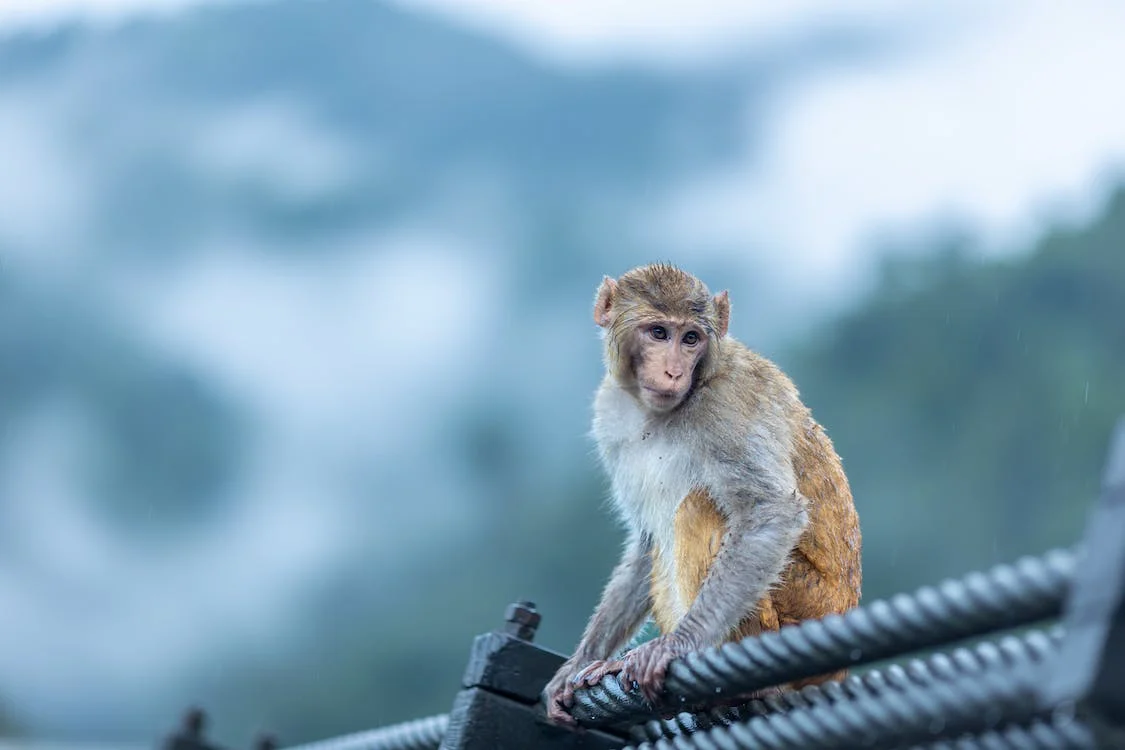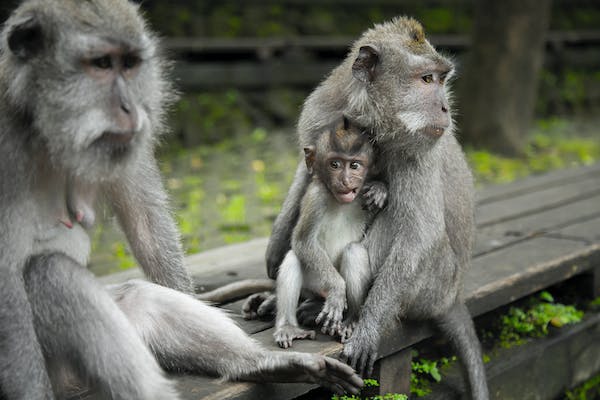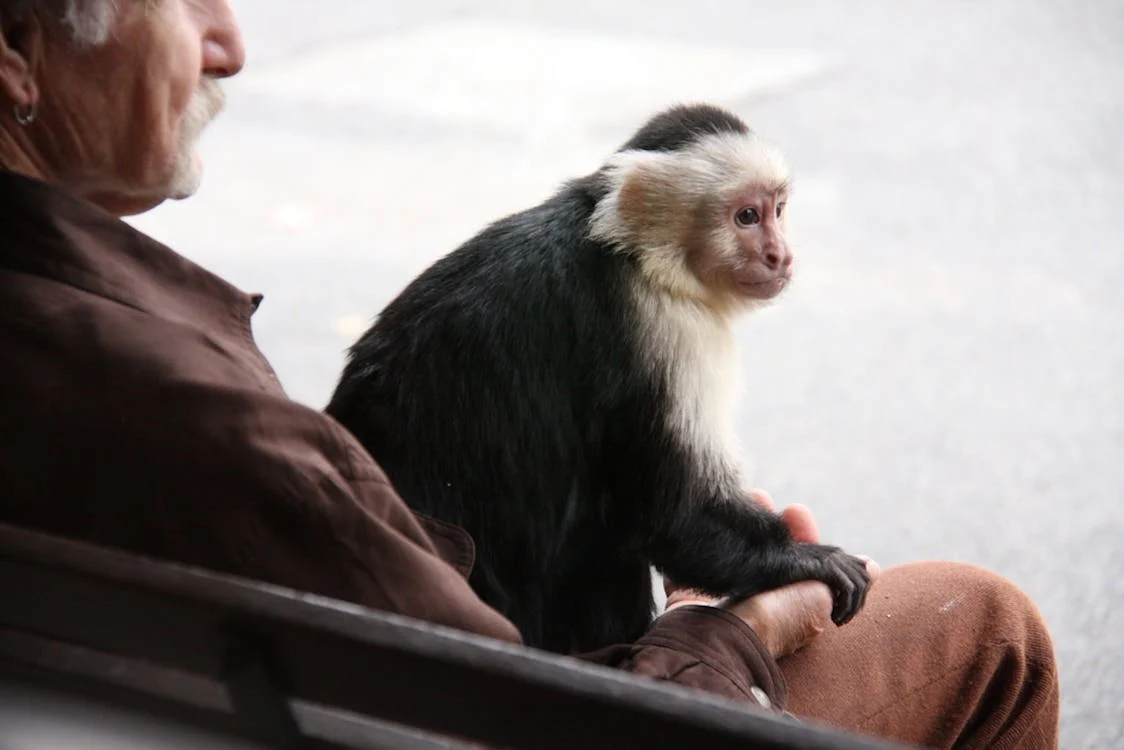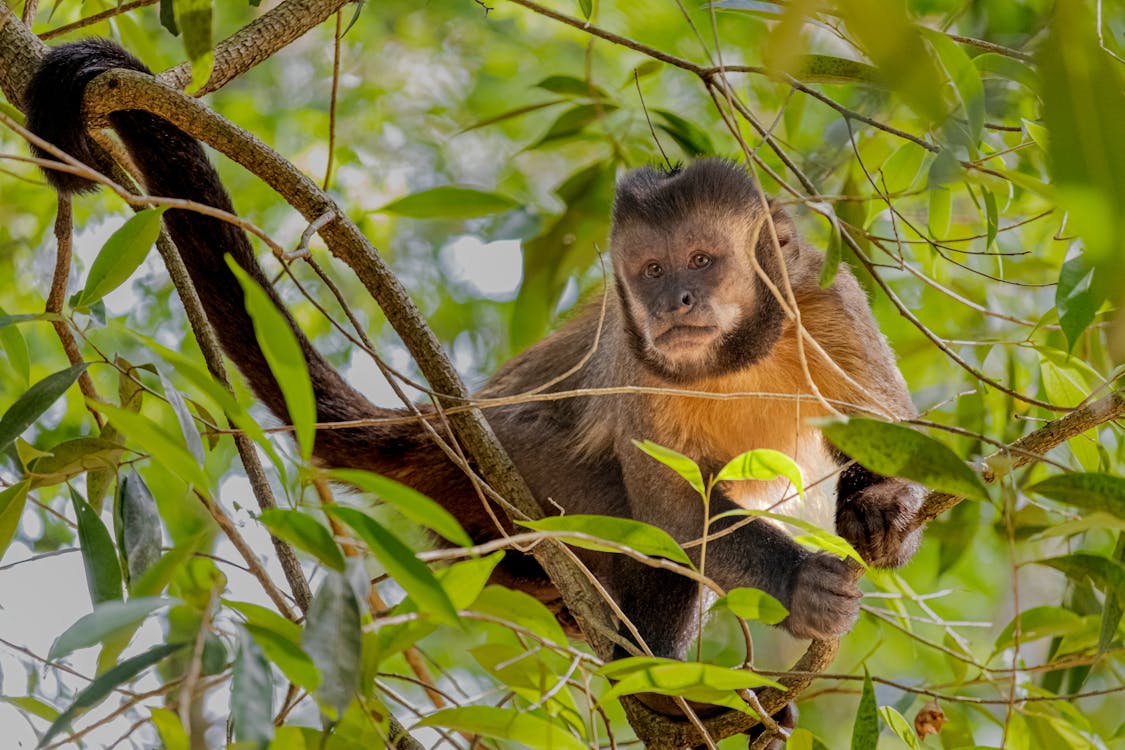When people consider pets, usually dogs or cats come to mind. However, some adventurous souls entertain the notion of owning a monkey. It may seem exciting, but the reasons monkeys should never be pet outweigh the novelty. In fact, owning a monkey can present serious dangers and raise ethical concerns. This write-up delves into why monkeys should never be pets.
Do All Monkeys Make Bad Pets?

Exploring the Reality of Pet Monkeys
A common misconception is that all monkeys make good pets. However, reality paints a different picture. Monkeys are intelligent and sensitive primates, making them unfit for an ordinary pet owner’s lifestyle. Monkeys may be easy to buy, but the challenges of keeping monkeys as pets are numerous.
The Diverse Species of Monkeys and Their Temperaments
The diverse species of monkeys, from capuchin to marmoset, macaque to squirrel monkeys, all have distinct temperaments. Rhesus macaques, for instance, become aggressive as they mature, while capuchin monkeys are known for their curiosity and tendency to explore, often creating chaos in homes.
Challenges of Keeping Capuchin and Marmoset Monkeys
Capuchin monkeys are intelligent but require continuous mental and physical stimulation. Similarly, marmoset monkeys are cute when young but may become dangerous to humans when they reach full adulthood. Both capuchin and marmoset monkeys need a habitat very different from a typical U.S home, underlining the reasons monkeys should never be pets.
Can Monkeys as Pets Become Dangerous?

Aggressive Behavior in Pet Monkeys
Monkeys as pets can become dangerous, displaying aggressive behavior when stressed, bored, or threatened. Even the seemingly docile pet monkey can bite or scratch the owner out of fear or frustration. Besides, monkeys may also act out if they perceive their owner is in danger.
Diseases and Risks Linked with Monkeys
Monkeys can carry diseases like herpes B virus, monkeypox, and salmonellosis, which are dangerous to humans. Plus, monkeys, being wild animals, do not adapt well to sudden changes in their environment. This can almost always leave the pet monkey and the owner in a vulnerable situation.
How Monkeys May Pose a Danger to Their Owners
Monkeys, being intelligent and strong, can become dangerous if their needs are not adequately met. They can cause tremendous damage to property and inflict injuries to their owners. Owning a monkey can turn from a novel idea into a daunting experience in little time.
Why Are Monkeys Not Domestic Animals?

Understanding Monkeys as Wild Animals
It’s crucial to understand that monkeys are wild animals and not meant to be kept as pets. The Humane Society of the United States and numerous primate rescue centers urge people not to attempt to domesticate monkeys. Monkeys have complex social structures, dietary needs, and require a particular habitat, making them unfit for home environments.
Difficulty in Meeting the Needs of Pet Monkeys
Meeting the dietary, psychological, and physical needs of pet monkeys is challenging. Even with the best intentions, most pet owners cannot replicate a monkey’s natural environment, leading to anxiety, depression, and destructive behavior in monkeys.
Why Monkey Ownership Can Be Cruel
Monkeys are often subjected to unnatural and stressful conditions in a home environment. Deprived of their natural habitat and social engagements, monkeys can face severe mental and physical health issues. Thus, owning a monkey is not only risky but can be a cruel endeavor.
How Can We Help Monkeys Instead of Keeping Them as Pets?

Support for Primate Sanctuaries
Instead of buying a monkey, one can support primate sanctuaries that provide necessary care, rehabilitation, and conservation services for primates. These non-profit organizations play a crucial role in protecting these beautiful creatures.
Educational Platforms and Zoos
The local zoo and educational platforms provide great ways to learn about and appreciate monkeys. By encouraging responsible tourism, people can still enjoy interaction with these primates in an ethical way.
Laws and Regulations Protecting Monkeys
Supporting laws and regulations that protect monkeys from illicit wildlife trade and inhumane treatment is another step towards assisting these creatures. It’s crucial to respect their natural habitats and promote their welfare.
Alternatives to Pet Monkeys

The Joy and Responsibility of Traditional Pets
Before one decides to get a pet monkey, considering traditional pets might be a better idea. Domesticated species like dogs, cats, or even birds can bring joy and companionship without severe challenges associated with owning a monkey.
How to Learn About and Appreciate Monkeys Safely
Appreciating monkeys can be achieved safely through visiting sanctuaries, zoos, or watching documentaries. It is crucial to foster a respect for all creatures, understanding that not all animals are meant to live in human homes.
Fostering a Respect for All Creatures
In conclusion, while monkeys are fascinating creatures, they are not suitable to be kept as pets. By fostering respect for all creatures and their environments, we can advocate for animal rights and their protections. Considering the dangers and difficulties of owning a monkey, it becomes evident that monkeys are best appreciated from afar, not as domestic pets.